Mozambique: 15 killed by wild animals in Mágoè National Park
The second cohort of 12 Mozambicans earn Master’s in Conservation Biology Degree at Gorongosa National Park, Mozambique
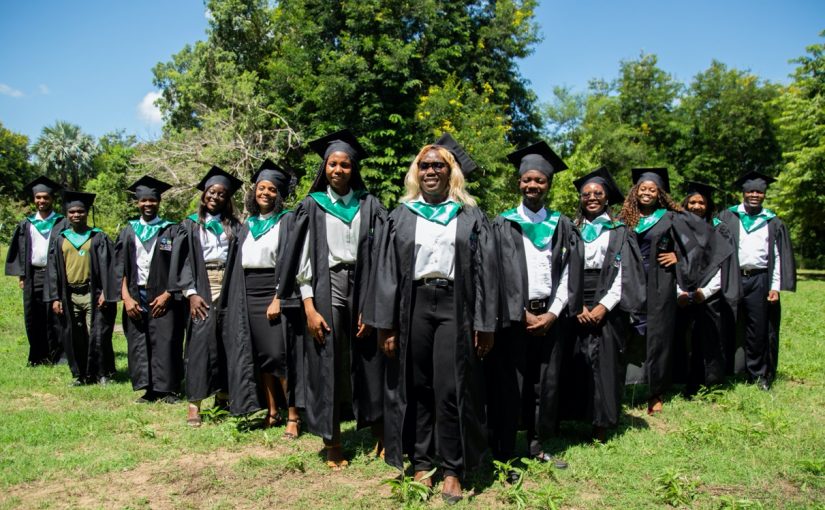
Second cohort of Conservation Biology Master’s Students, Gorongosa National Park. ]Photo courtesy: Gorongosa National Park]
Six women and six men completed the two-year Master’s in Conservation Biology program, which is probably the only Master’s in Conservation Biology fully hosted in a National Park. This second cohort graduated on Friday the 25th of February in Gorongosa, making it now 24 young masters coming from this consortium.
The Master’s program was developed by a consortium of three Mozambican institutions of higher learning (Universidade Zambeze, Universidade Lúrio, and Instituto Superior Politécnico de Manica) in partnership with the University of Lisbon of Portugal and Gorongosa National Park as part of its BioEducation Program. The Master’s program is supported by the U.S. Foundation: “HHMI” (Howard Hughes Medical Institute) and by the Institutional Development Fund.
The Secretary of State at the Province of Sofala, the Rector of UniZambeze, the Vice-rector of UniLúrio and the Adjunct Director of ISPM participated in the ceremony. Representatives of the local government, including the Administrator of the District of Gorongosa, members of the Bio-Education Consortium, community leaders, friends and family of the students also attended.
This master’s program is run entirely inside the Gorongosa National Park, and it provides training in conservation biology, ecology and environmental management. Students have the opportunity to apply the knowledge gained in their courses to hands-on research projects in the field for their final dissertations. They enjoy a full tuition scholarship funded by HHMI that also pays for their living expenses.
Gorongosa Park is delighted to congratulate this second group of students for their dedication, and we are confident they will advance the goals of conservation in Mozambique and abroad. These graduates will now apply their newly acquired knowledge and skills in different fields. Most already have jobs or internships in conservation. One student, Beto Soares Tenente was hired by Gorongosa National Park to work as a lab technician for the Pringle Laboratory in Gorongosa (Princeton University affiliation). Four students have internships with BioFund; one is a ranger in Quirimbas National Park. Isildo Nganhane, who earned the award for best student, is a lecturer at UniLúrio and will continue his work. Other students are looking for PhD opportunities. All hope to contribute to conservation areas throughout Mozambique, integrating community development and conservation, as they learned to do in Gorongosa.
We are pleased to announce the third cohort of twelve students will begin their studies next week. Just like this last group, students are from all regions of Mozambique, and females are well represented.
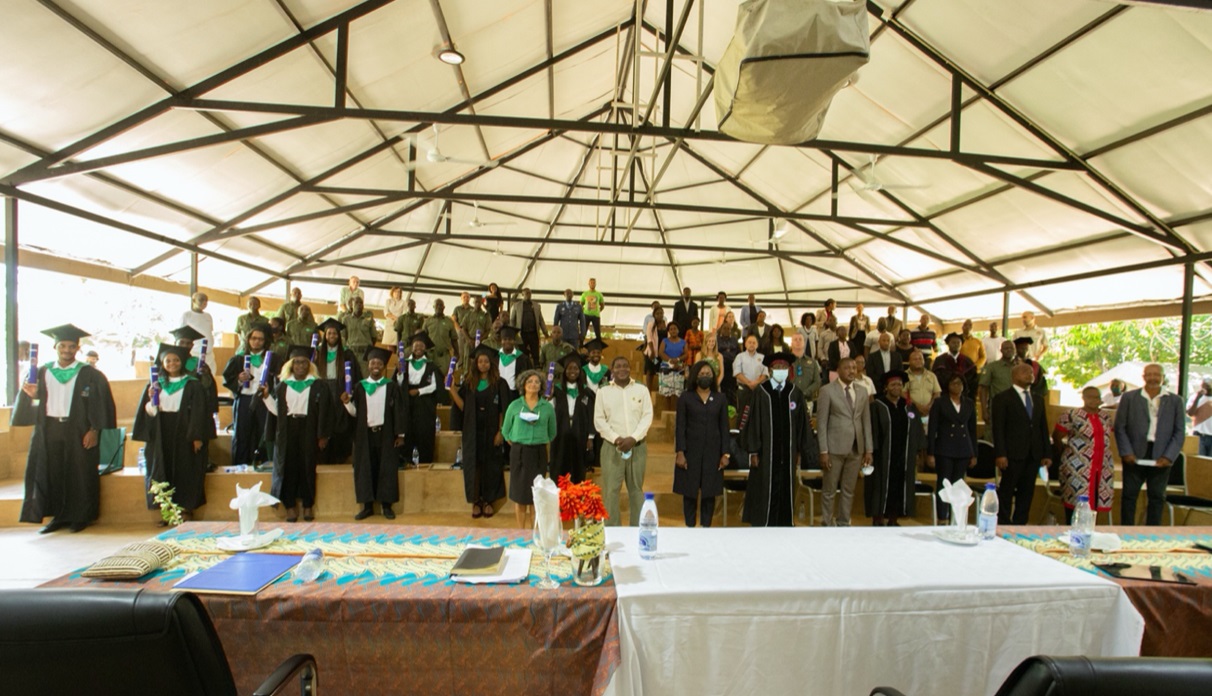
About the Gorongosa Project and its science education programs
The Gorongosa Project seeks to integrate conservation and human development with the understanding that a healthy ecosystem will benefit humans, who in turn will be motivated to support the objectives of Gorongosa National Park.
Scientific research is an integral part of the long-term plan for the restoration of the Gorongosa ecosystem, because an in-depth knowledge of the Gorongosa ecosystem will help the Park’s management make better decisions about its conservation. The E.O. Biodiversity Laboratory Wilson opened in March 2014, positioning Gorongosa as one of the most advanced research centers in southern Africa. The Laboratory attracts national, regional and international attention. Scientists from different institutions gave been doing research in the Park, including researchers from the Universities Eduardo Mondlane and Lúrio in Mozambique, the Universities of Coimbra and Lisbon in Portugal, the University of Oxford in England and Harvard and Princeton Universities in the USA.
One of the most important roles of the Laboratory is to provide training for the next generation of Mozambican scientists in the Park and to prepare them for university studies in order to obtain advanced degrees. Some young people from communities neighbouring the Park (or from technical schools in the central region), who receive total or partial financial assistance from the Laboratory, are studying at universities and high schools for future careers as veterinarians, ecologists and laboratory technicians.


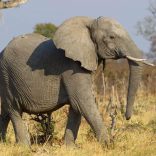
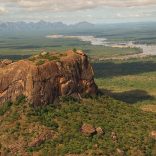
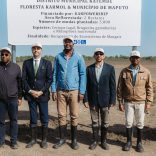

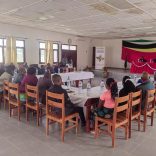
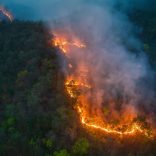





Leave a Reply
Be the First to Comment!
You must be logged in to post a comment.
You must be logged in to post a comment.